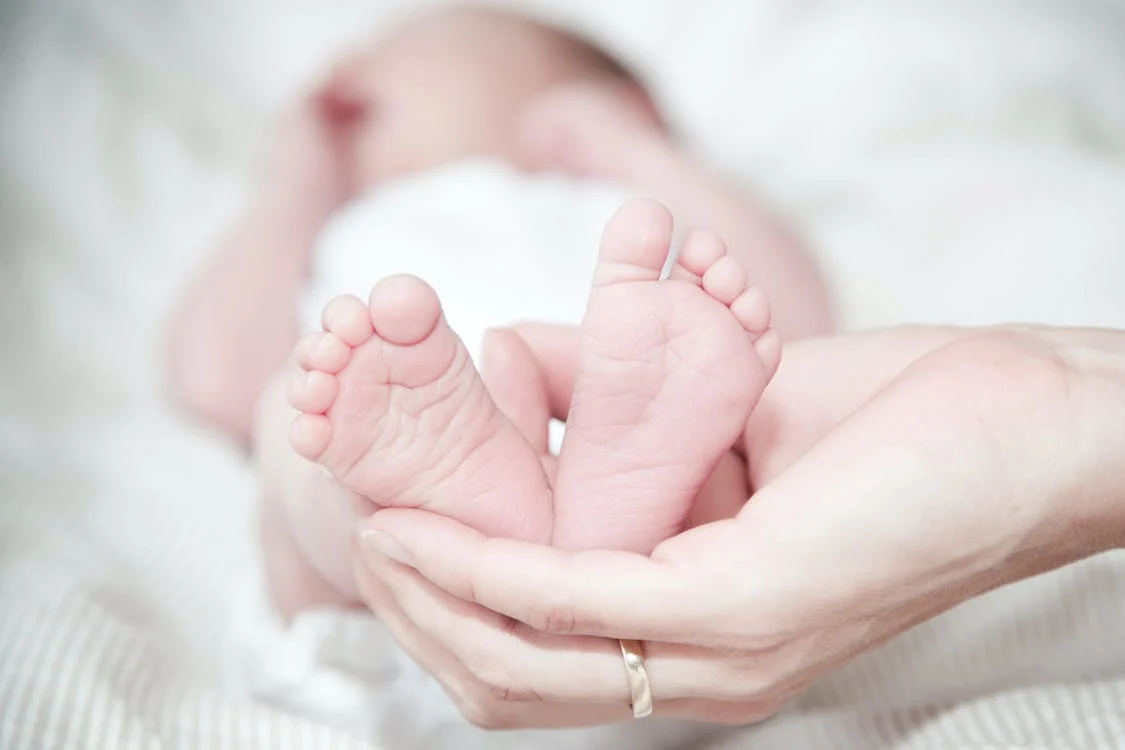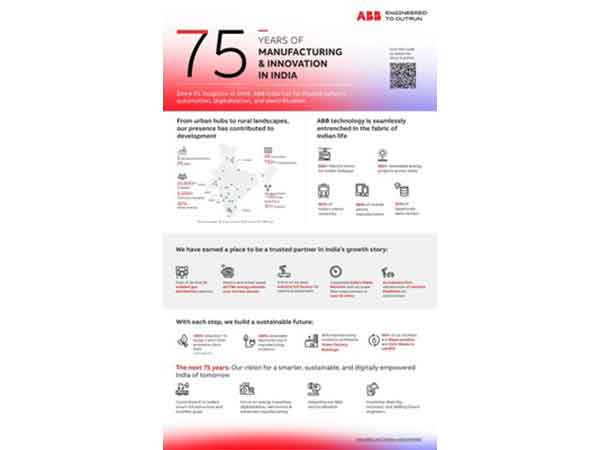Spanish birth rate hits lowest level since records began in 1941
Feb 22, 2024
Madrid [Spain], February 22: Spain's birth rate has dropped to its lowest level since records started in 1941, provisional data from its National Statistics Institute (INE) showed on Wednesday, with just 322,075 babies adding to the country's ^population of 48.6 million in 2023.
Last year's Spanish birth rate was down 2% compared with 2022, adding to a drop of almost 25% in a decade. This decline has left Spain with the second lowest fertility rate in the European Union, Eurostat data from 2021 shows, lagging Malta.
Eurostat's data showed the rate in Spain at 1.19 live births per woman compared to the EU average of 1.53, both far short of the 2.1 at which existing population levels would be maintained.
Demographers and economists have urged Europe to rethink attempts to boost its flagging birth rate and some Spanish regions have introduced financial measures and tax deductions to encourage people to start families.
Economic uncertainty, unemployment, low-quality jobs and soaring housing prices are some of the reasons why Spaniards were either getting pregnant later or having fewer children than they had originally intended, Seiz added.
Although Spain has equalised policies of paternity and maternity leave, Seiz said the measures are still insufficient.
INE said the decline in births was linked to a delay in the age of childbearing, with the number of women over 40 giving birth rising by 19.3% in the last decade. This age group now give birth to around 10.7% of all children, versus 6.8% in 2013.
Mothers aged under 25 fell by 26% in the same period, representing just 9.4% of the total.
Source: Fijian Broadcasting Corporation








